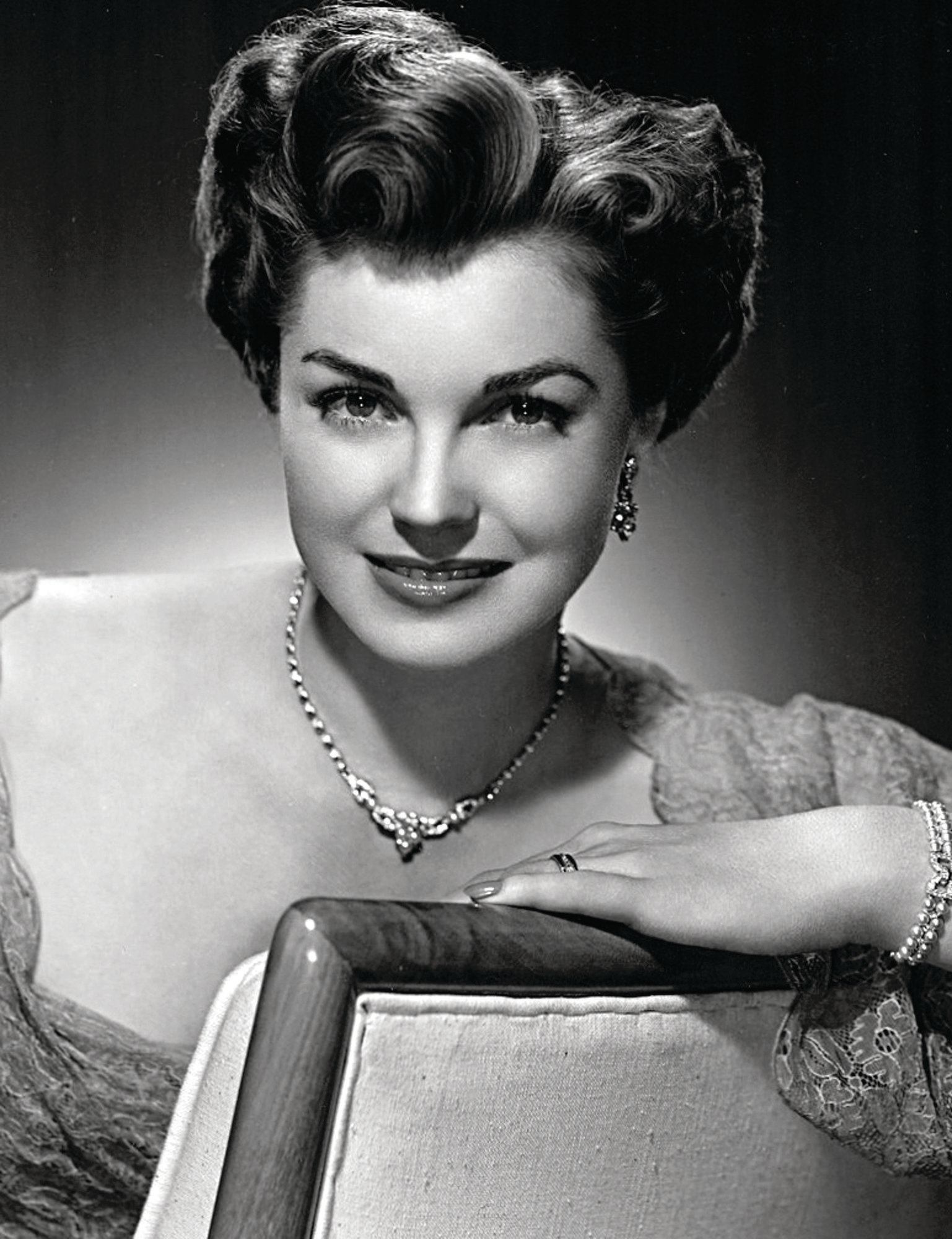When a larger-than-life figure dies, many emotions come into play. So it was when Esther Williams, 91, passed away in her sleep in Beverly Hills, Calif., June 6. Immediately, anyone who had met the swimming legend was writing, blogging and tweeting about it. And I count myself in that group.
There she was at an NSPI show in a booth dedicated to the aboveground pools that bore her name. She was holding court like the queen that she was, and her loyal subjects crowded around, eager to have a word with her or get her autograph.
She graciously responded, which was typical. “When I go to business conventions for my products, it sometimes takes me over four hours to sign all the autographs and pose for pictures,” she once said. “Everyone wants a photo for their store and I never turn anyone down, no matter how long it takes.”
Her products included swimwear, and it’s no exaggeration to say that the Esther Williams Swimsuit Collection changed the look and even the fabric used for women’s suits. Yet as successful as her businesses were, she was best known for swimming and acting.
Born in Los Angeles as the youngest of five, Williams always loved water. By age 14, she had won a city swimming championship and was recruited by ex-Olympian Aileen Allen, women’s coach at the Los Angeles Athletic Club. By 16, Williams had won four national championships in breaststroke and freestyle. She qualified for the U.S. team headed for the 1940 Olympics, but World War II intervened and they were cancelled.
In classic Hollywood style, she was then “discovered” by producer Billy Rose while working at an upscale department store. She auditioned for his Aquacade show and got a starring role. MGM executives were so impressed they created a new type of film just for her — the aqua musical. Williams then shot to stardom in the 1940s and ’50s. For the aqua musicals, a 90-square-foot by 20-foot-deep pool was constructed at MGM, outfitted with hydraulic lifts and camera cranes for overhead shots. Her most famous aqua-extravaganzas were “Bathing Beauty” (1944) and “Million Dollar Mermaid” (1952). She appeared in nearly 30 films in all, most in water, but some on land — and she estimated that she swam more than 1,250 miles on camera.
Married four times, she had three children, three stepchildren and three grandchildren. Williams was inducted into the International Swimming Hall of Fame in 1966; she received ISHOF’s Gold Medallion Award in 2006. In May, ISHOF bestowed the first-ever Esther Award, to recognize entertainment works that promote aquatic sports. The 2013 winners were two Chinese films, “Enter the Water Dragon” and “The Diving Girls.”




